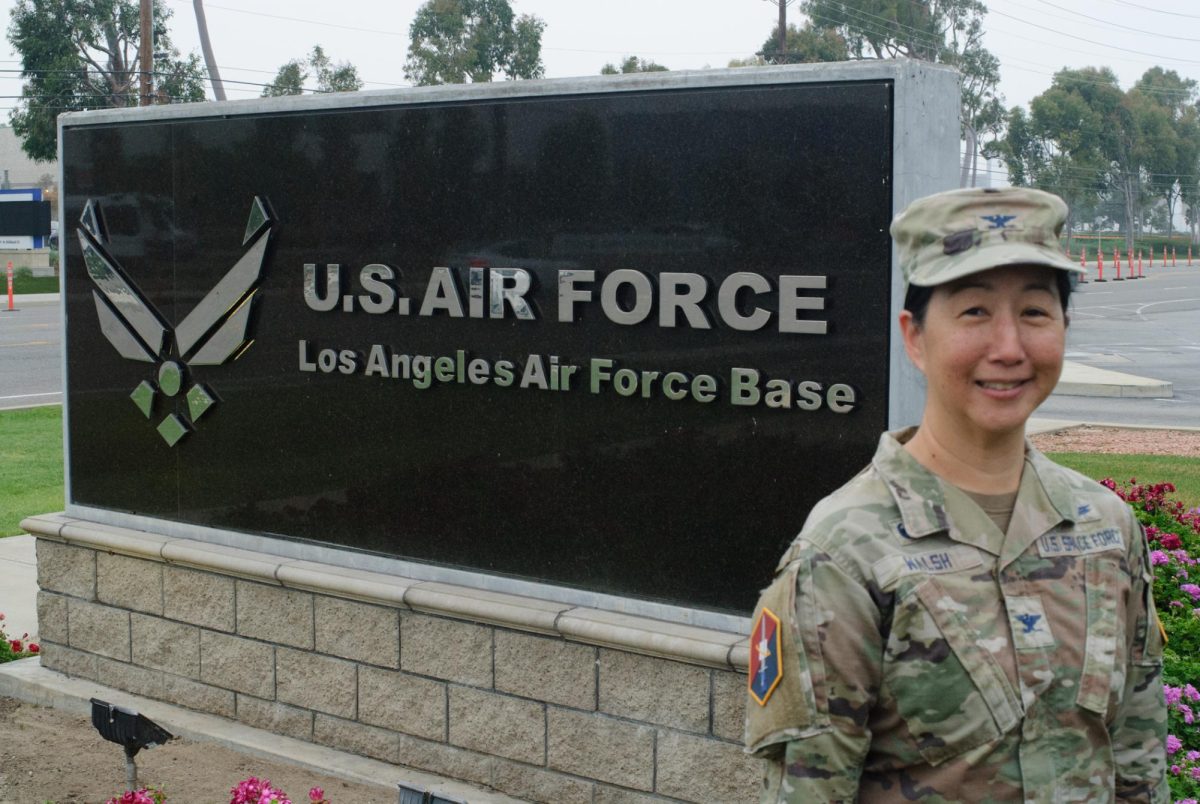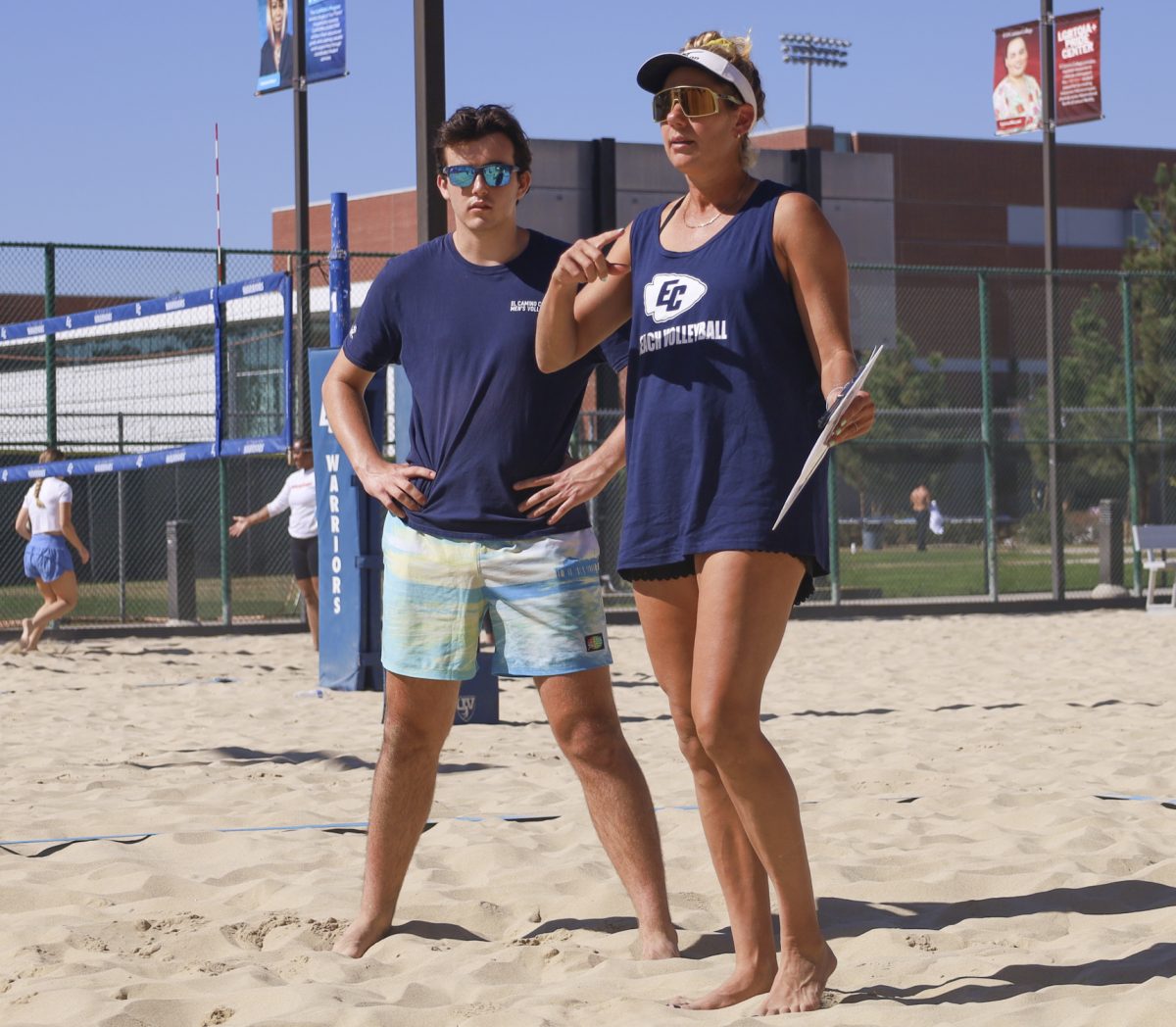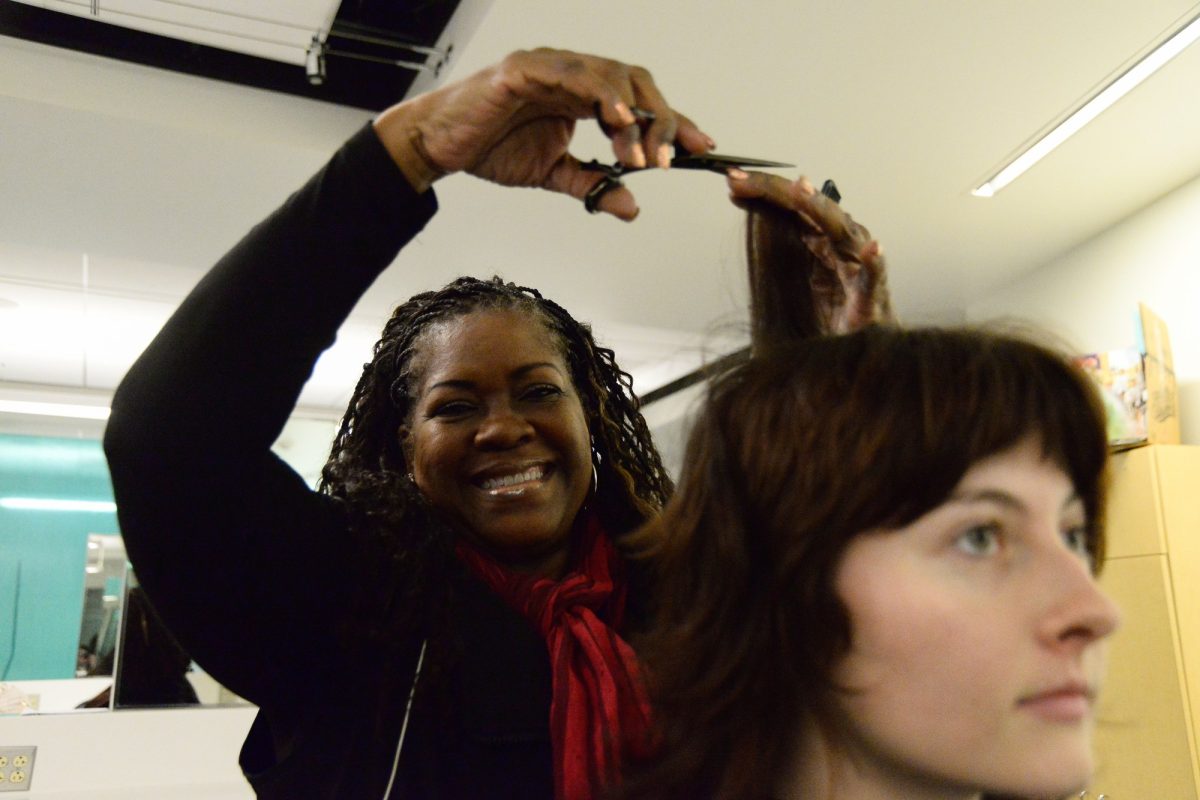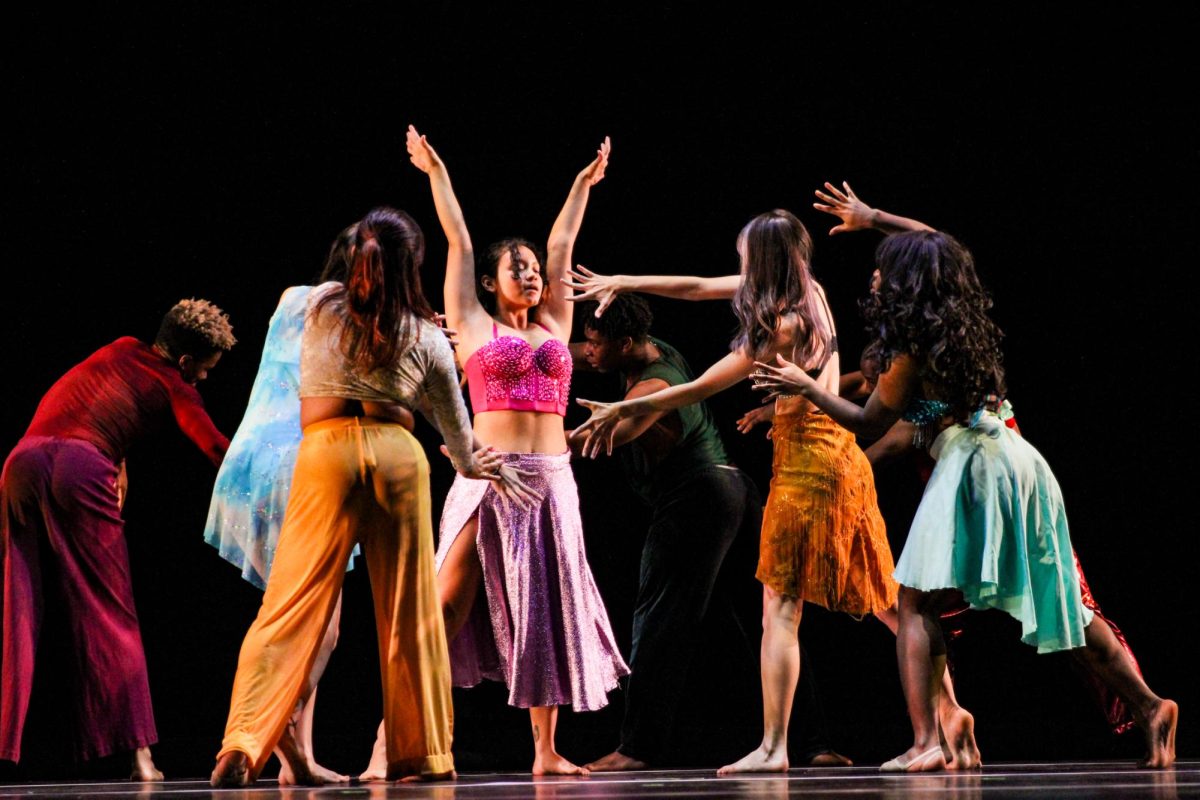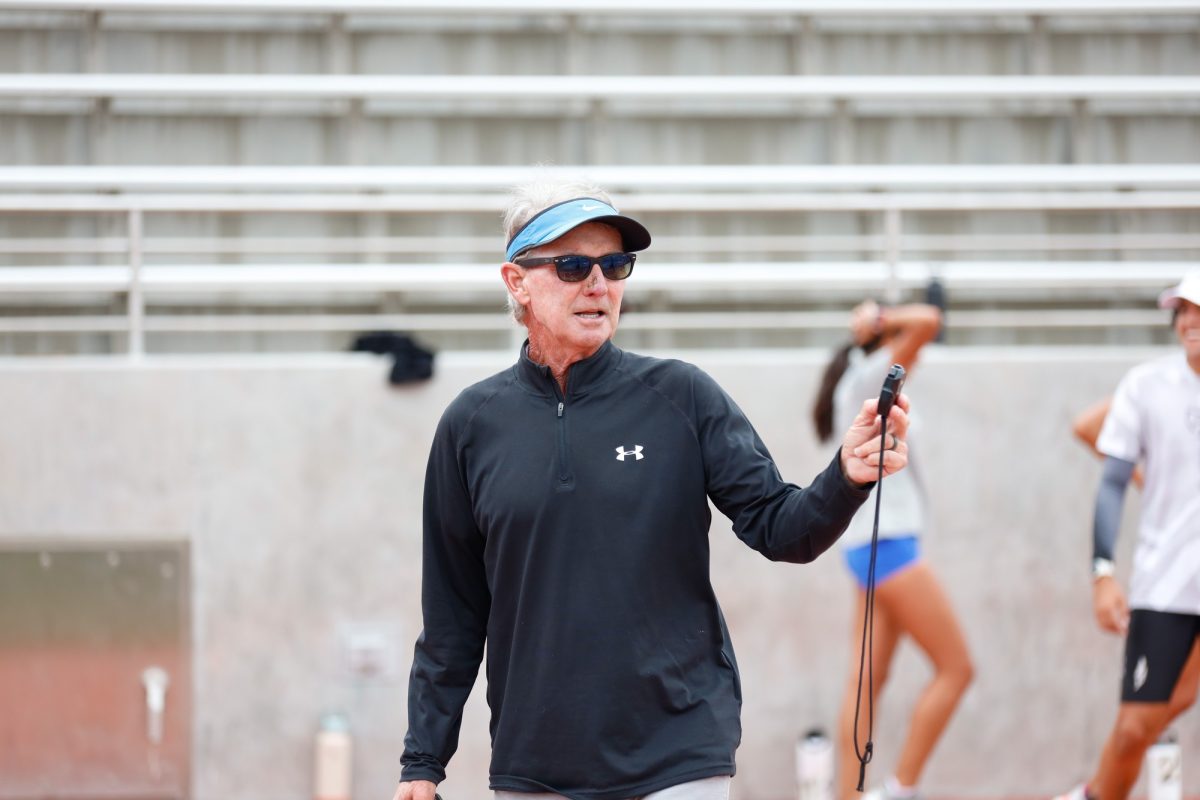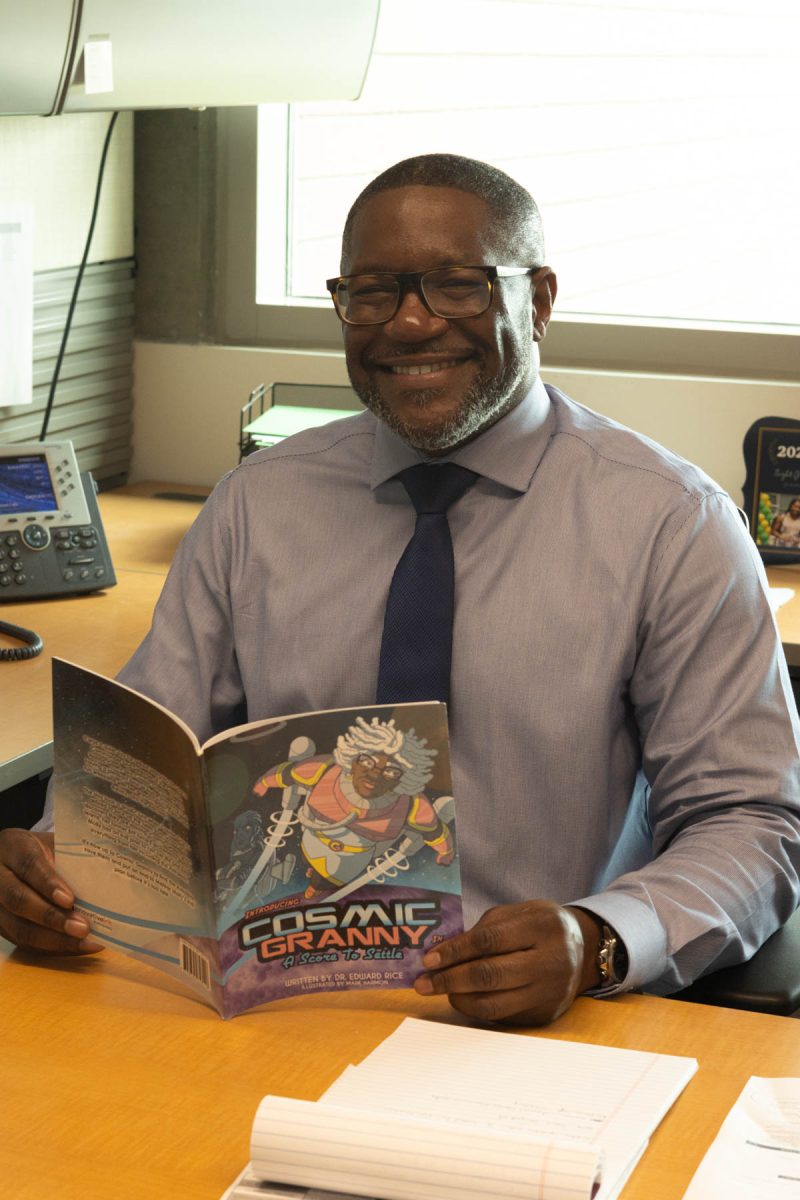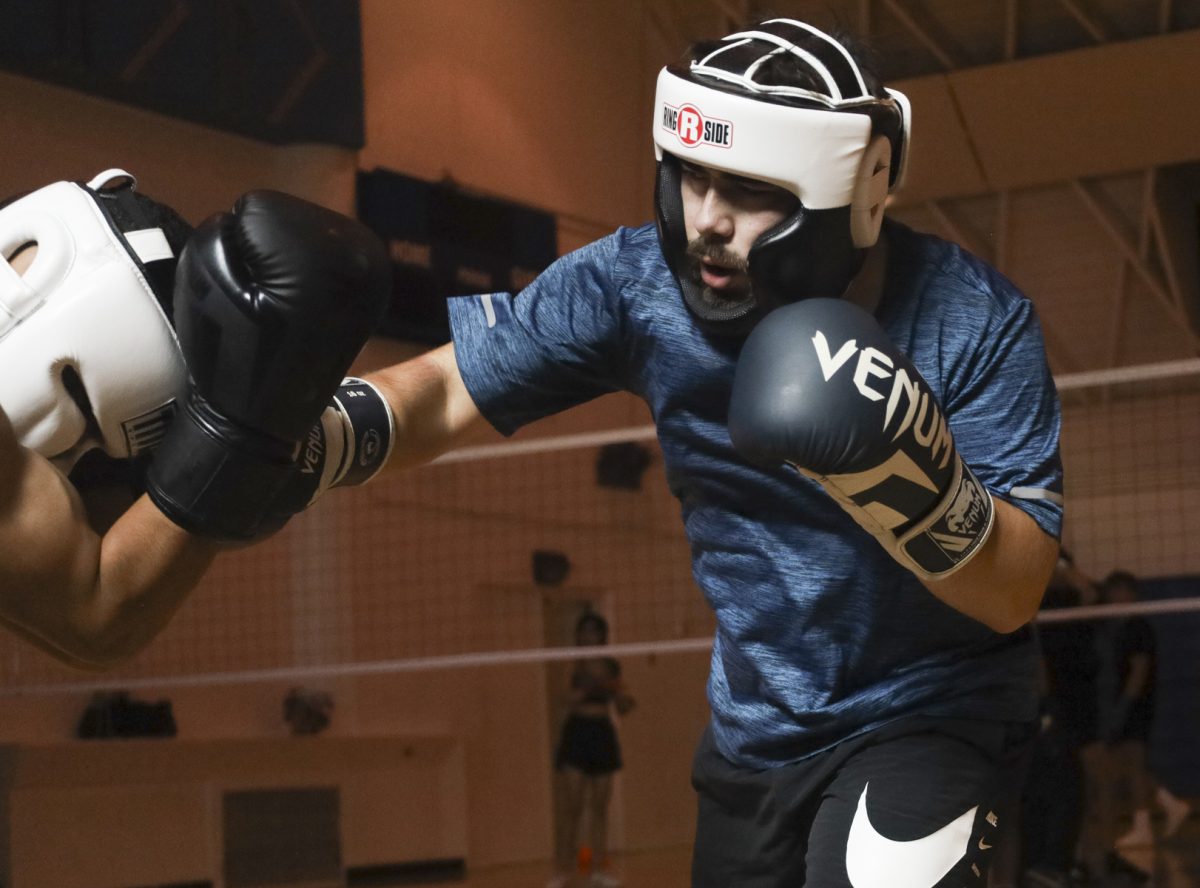Col. Mia Walsh, one of the six recipients of the Distinguished Women Award, is the commander of Space Base Delta 3, a Space Force base located at the Los Angeles Air Force Base in El Segundo.
The Space Force is a separate branch of the military, established in 2019. It has six bases in the U.S., with two being in California.
Walsh, who does community outreach on behalf of the base, was invited to speak at the Onizuka Space Science Day at El Camino College in 2023.
Walsh was inspired to join the Air Force after Ellison Onizuka, the astronaut who died in the Space Shuttle Challenger explosion, visited her elementary school in Hawaii. As the first Japanese-American and Buddhist astronaut, Walsh said she identified with him in many ways.
Walsh joined the Air Force in 1998 and progressed throughout her military career from lieutenant, captain, major and eventually, colonel.
Walsh will leave Space Base Delta 3 in May to return to the Pentagon as director of current operations for the Space Force staff.
Q: What is your role in the El Camino College community and what are some of your responsibilities?
A: Between El Segundo, Torrance, Hawthorne, San Pedro and Redondo Beach, I just try to be out there as much as possible and work in the community. And then I’m just a big believer in community service, not just as a person, but also as a military member. I think it’s really important for military members when they live in a community to give back to that community. I think the community does a lot of support for the base and so I think it’s always important for the people who live on that base to not only be out in the community as far as bolstering the local economy by buying things or going to restaurants and things, but it’s also about community service and kind of giving back to the community that supports you.
Q: What projects are you currently working on?
A: So we’ve been involved with the city of Torrance and in giving speeches. I think last year I gave 20-something speeches in a local area. Chief of Space Operations Gen. Saltzman’s big thing is for guardians to be out in the community–guardians are like Space Force members–talking about the Space Force and letting people know what the Space Force is about since it’s a new service. So I try to be out. This week, I did a Hawthorne [Vietnam Veterans of America South Bay Chapter 53] speech. I’ve also spoken at the Palos Verdes Rotary Club. So just you know, different things here and there, but trying to get out and about meeting people and talking about the base and the mission, and about the Space Force.
Q: What are some of your goals for the future and what do you hope to achieve through the work you’re doing?
A: For this base, community outreach was one of my big goals, and then providing service back to the community. The base as a whole does two big service projects a year. So last year, we did work with New Directions for Veterans, which is a veterans organization that helps veterans who are homeless or have addiction issues. And then we did another one with the L.A. [Regional] Food Bank. And so this year, we’re kind of focusing on cleanups in San Pedro and other places. Yes, I think my goal’s really been to improve community outreach, you know, while I’ve been here. And then of course, the other goal is to get information out about the Space Force to the community, like, you know, why it stood up and the importance of the mission that we’re doing, and why the space domain is becoming increasingly more important to protect.
Q: What is it like being a woman in your field, and how has that affected your experience as a commander?
A: I think the military is actually very inclusive of women. I think that the services as a whole have grown a lot. I know that probably, you know, my dad was in the Navy, and when he was in the Navy I don’t think that females were really treated the same as they were coming up to leadership positions. The other commanders in the local area are all female and when we talk about it, it hasn’t hurt us any to be female. You know, I think it’s more about how hard you work, how much you care about people, how much you care about the mission, and then how you try to move that forward. It hasn’t really hurt me any or helped me any. I mean, I think it’s the same. I think the military is very agnostic to whether you’re male or female, and it’s more about the mission, and I think that’s great.
Q: What does diversity, equity and inclusion mean to you, and how do you apply it to what you do?
A: So I think the military has always worked really hard to promote diversity and inclusion, but I think it was in the last few years they’ve really pushed programs forward. And so we have a huge [DEI] office here that does that. And it’s everything from celebrating monthly occurrences, like we celebrate Asian Pacific Heritage Month and Black History Month. Celebrating diversity is showing how we are similar. So culturally, I think celebrating that through food or family, because those are things that are very cross-cultural, that people can understand.
(This Q&A has been edited for readability.)




